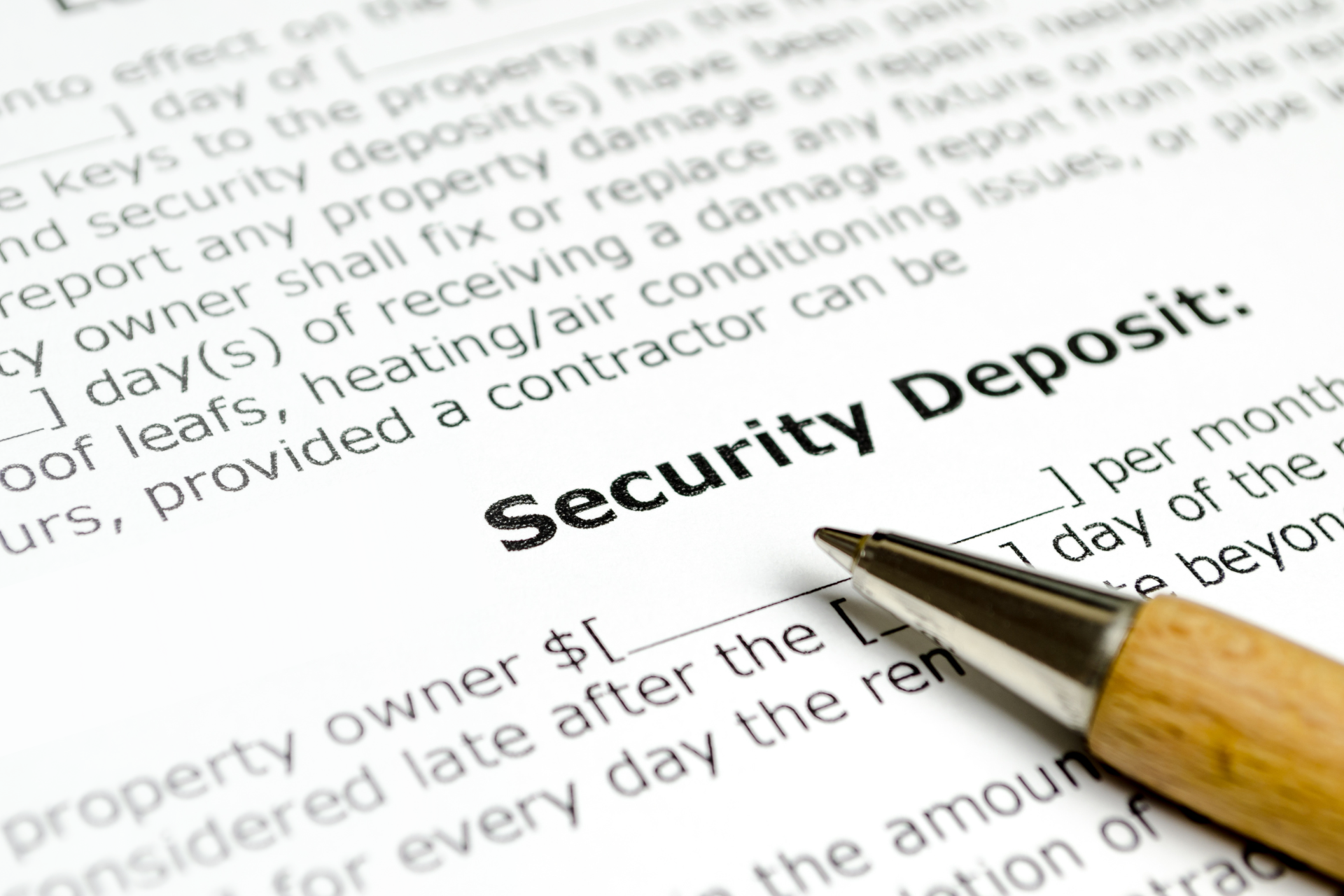Legal Requirements to Know as a Florida Landlord
Renting out an investment property comes with a lot of legal requirements. As a Florida landlord, much is expected from you. If you're not prepared to put in the due diligence, you can easily be overwhelmed and miss a small yet important detail. Due to the complexity of these Florida landlord legal requirements, it's often wise to work with a third-party rental management company that deals with these topics routinely.
Here are just a few of the critical legal requirements for Florida landlords.
Security Deposit Claims
Security deposits are a regular part of the landlord life. They're the initial sum of money a new tenant pays to the landlord or property management company. It functions similarly to insurance; if the new tenants do damage to the property or are unable to pay rent, the security deposit helps to cover those unexpected costs.
If the tenant turns out reliable, they'll collect their security deposit amount when they reach the end of their lease. But if they aren't, you'd need to make a security deposit claim. But these claims aren't as simple as filling out a slip of paper, which is why having experienced property managers handle it for you is best.
Some of the legal requirements for a security deposit claim include:
- Must be mailed within specific timelines
- Must be mailed a specific way
- Must be mailed to a specific address
- Must contain specific language
Security deposit claims should also contain proper documentation for all charges, as well as supporting photography for damages. It's also important to keep in mind that some items are not allowed to be charged against the security deposit in the state of Florida, such as landlord labor.
Filing Legal Notices to Tenants
Another common practice you'd face as a Florida landlord is sending legal notices to tenants. There is a variety of reasons why a landlord may need to send a legal notice to a tenant.
It could be a notice to pay for a tenant who is late with rent, a notice to cure or quit if a tenant violates the lease agreement, a lease offer renewal, or a notice of rent increase, just to name a few examples.
As with security deposit claims, there are certain legal requirements a Florida landlord must comply with when sending out one of these legal notices. These can include:
Must use the appropriate language per state requirements
- Must be posted according to a specific process
- All dates must be correct (dates may also vary based on facts of the property)
- Certain charges must be excluded
Again, ensuring your legal notices are on the up and up with Florida law can be a lot to tackle on your own. One misstep and your legal notice could be rendered invalid.
To avoid that scenario with any legal notice, security deposit claim, or other official rental business, entrust your investment property to a team that knows the legal requirements for Florida landlords inside and out.














